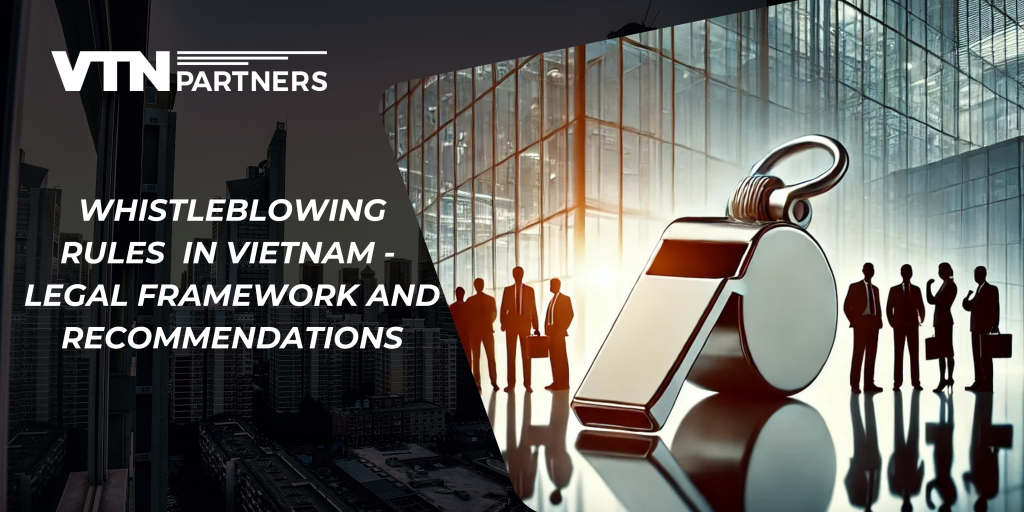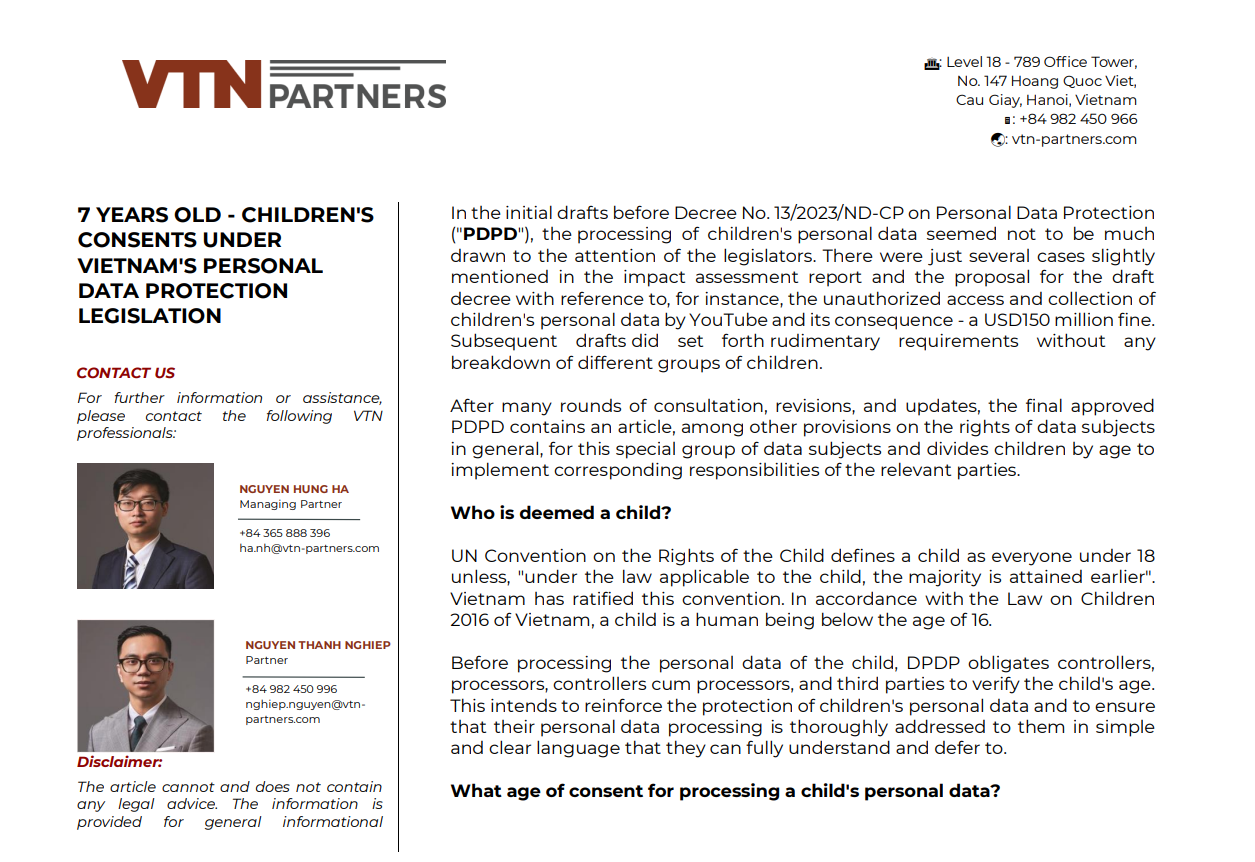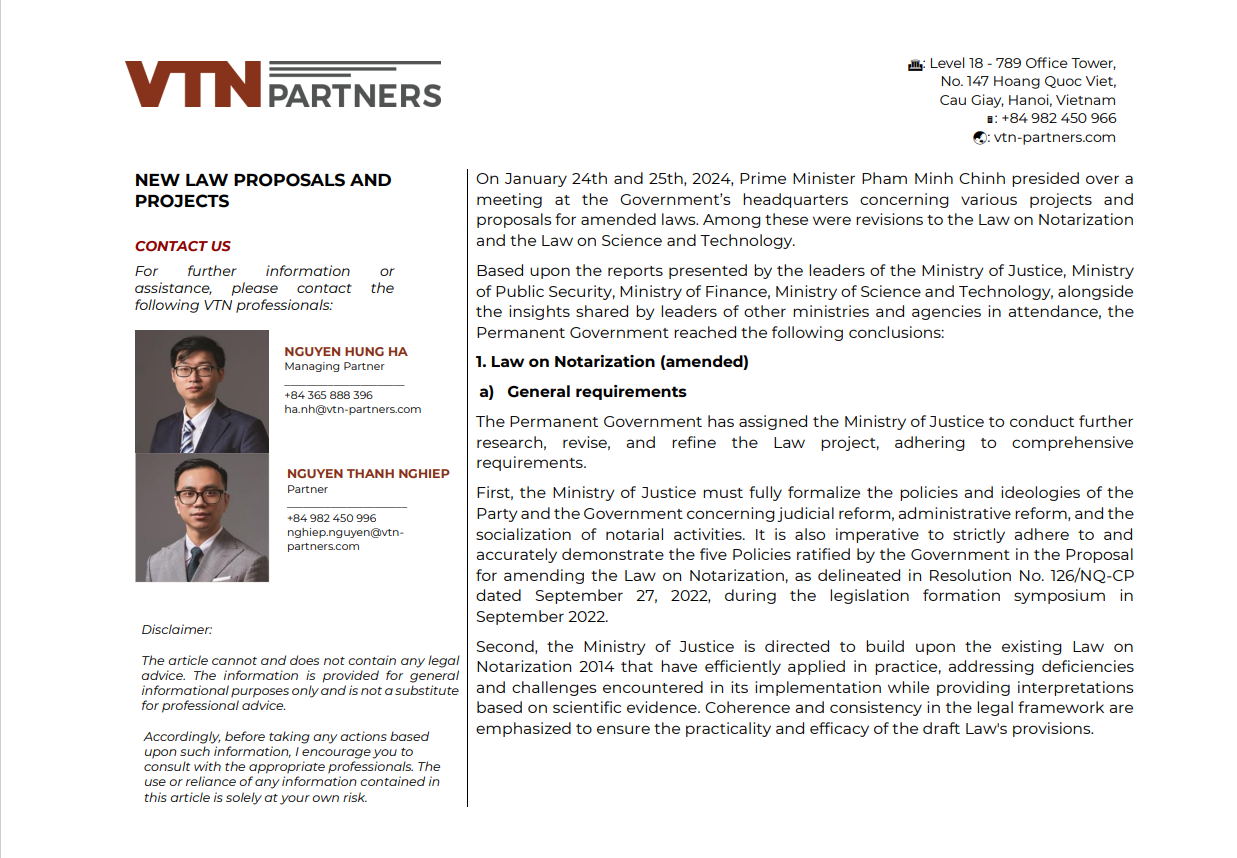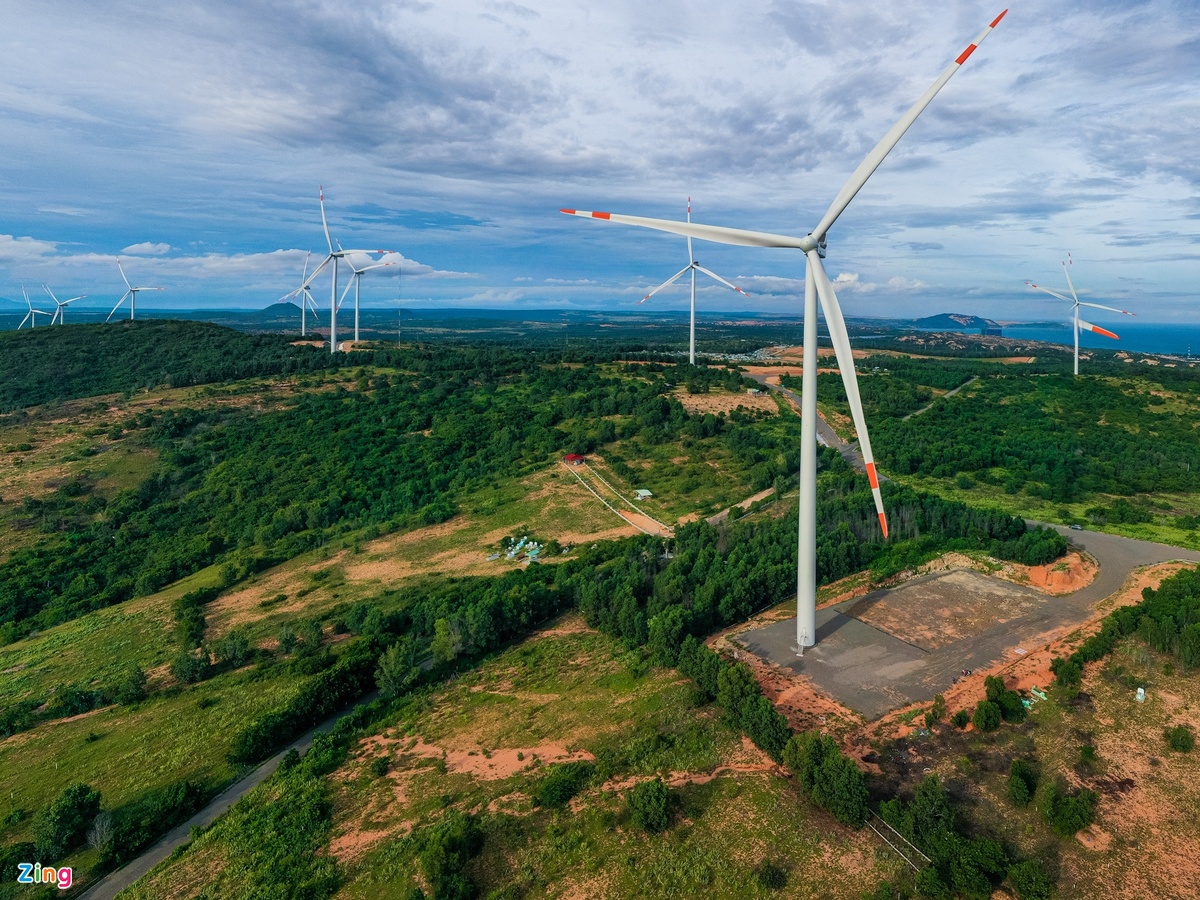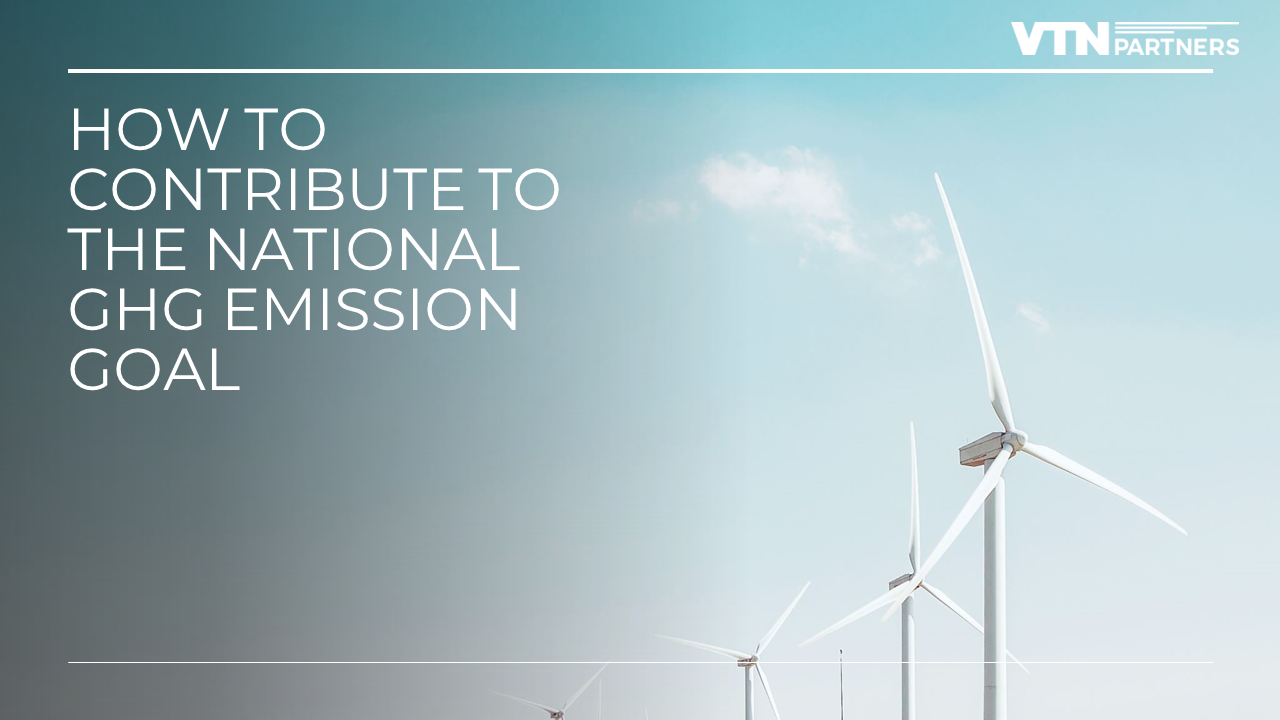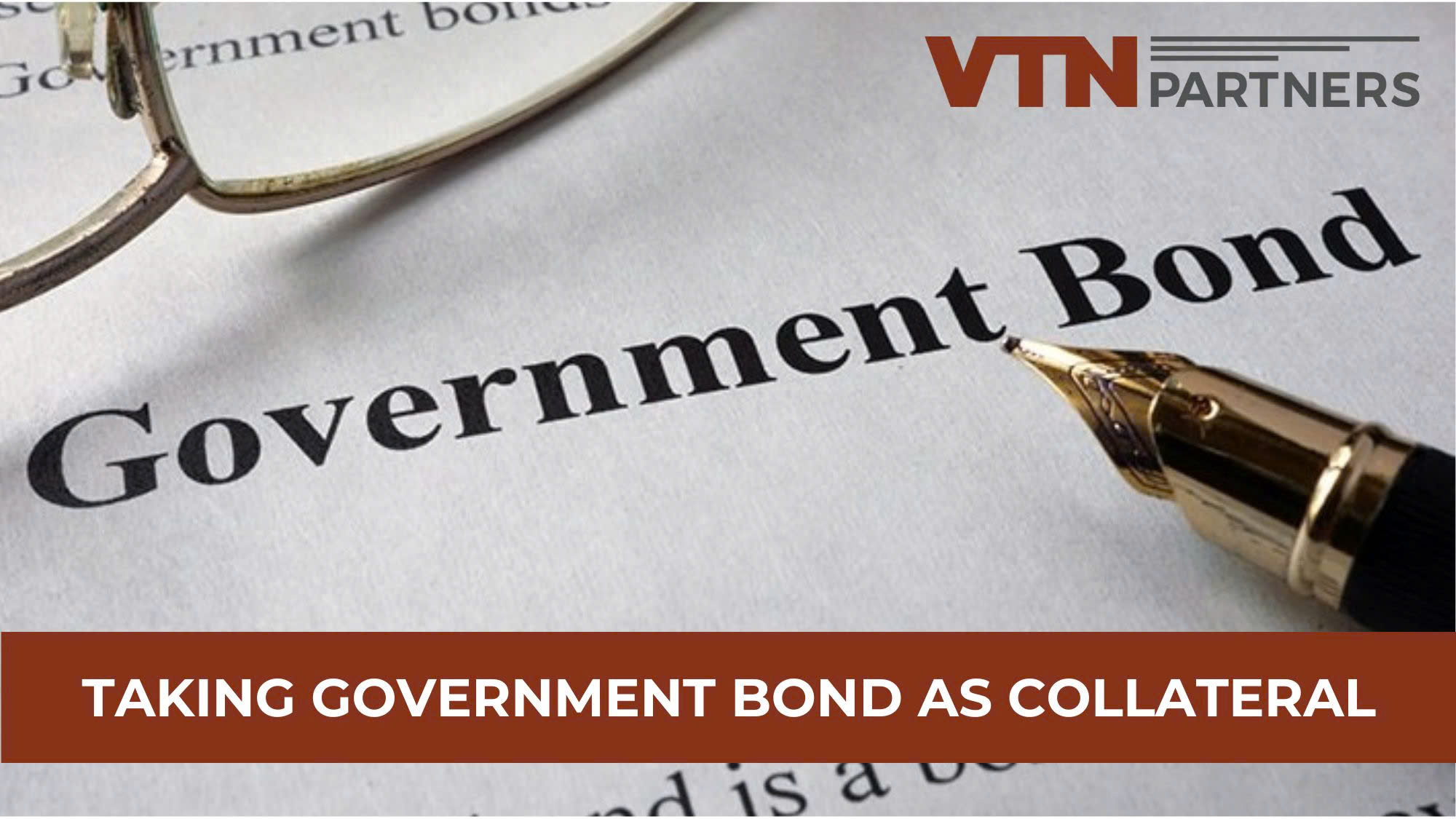Whistleblowing refers to the act of disclosing information about wrongdoing, misconduct, or violations of law occurring within an organization, typically by an insider who has access to such information. It plays a crucial role in promoting accountability, preventing corruption, and safeguarding public interest, especially in corporate and governmental settings.
In Vietnam, while Law on Denunciations 2018, Criminal Procedure Code 2015, Anti-corruption Law 2018 and other related instruments acknowledge the right to denounce misconduct, the framework does not yet provide a comprehensive system that actively encourages whistleblowing in good faith. In practice, violations are often addressed only when whistleblowing becomes public, which undermines the preventive value of internal reporting. For this reason, several reforms may be considered to enhance the implementation of whistleblowing mechanisms in Vietnam.
1. Key Principles of Whistleblowing Rules in Vietnam
1.1. Right to denounce
The right to denounce is enshrined as a fundamental constitutional right of Vietnamese citizens in the Constitution of Vietnam[1] and further elaborated in Law on Denunciations 2018. This right allows individuals—including employees, insiders, and knowledgeable third parties—to report misconduct occurring in enterprises or government agencies.
A denunciation may be made either verbally or in writing.[2] Upon receipt, the competent authority must verify both the identity of the denouncer and the substance of the allegations before formally accepting the case. Once accepted, the authority is required to issue a written conclusion within 30 days. This period may be extended, but no more than twice, and each extension may not exceed 30 days, depending on the complexity of the case.[3] The final conclusion must then be disclosed in accordance with the laws of Vietnam.
1.2. Confidentiality
The effectiveness of whistleblowing mechanisms depends heavily on the ability to maintain the confidentiality of whistleblowers’ identities. Fear of retaliation often deters individuals from reporting misconduct, particularly in the workplace. Vietnamese law, in principle, does not permit anonymous whistleblowing[4], but individuals have the right to request confidentiality when submitting a report.[5] Authorities and employers must take measures to safeguard the identity of the denouncer, although confidentiality is not absolute and may depend on the discretion of the competent authority
1.3. Retaliation Immunity
A central challenge in whistleblowing lies in protecting individuals against retaliation. Recognizing this, Vietnamese law establishes the principle of retaliation immunity as a cornerstone of whistleblower protection.
The laws strictly prohibit retaliation against whistleblowers who report misconduct in good faith.[6] Employers, government agencies, and other competent entities are barred from undertaking adverse actions – such as dismissal, demotion, or harassment – on the basis of a disclosure.
Importantly, protections extend beyond the employment and working relationship. The laws also safeguard the life, health, property, honor, dignity, and reputation of whistleblowers and their relatives.[7] Where these rights are threatened, whistleblowers may request protective measures from state authorities.[8]
2. Practical Implementation in Vietnamese Enterprises
In practice, enterprises in Vietnam tend to favor internal whistleblowing mechanisms over immediate recourse to external denunciation before state authorities. This preference can be explained by several factors. First, enterprises are wary of the reputational and economic risks posed by unfavorable press coverage, which often follows public whistleblowing. Second, internal mechanisms create an opportunity for companies to identify and address misconduct proactively before state intervention occurs. Finally, enterprises recognize that not every denunciation is well-founded, an internal system allows for preliminary verification and filtering of unsubstantiated claims.
Internal regimes commonly include procedural rules on how complaints are lodged and processed, designated channels for receiving reports (such as hotlines, anonymous mailboxes, or dedicated compliance officers), and mechanisms for protecting whistleblowers from retaliation. Some companies also establish clear timelines for handling complaints and impose duties on management to respond to reports in good faith. These measures aim to strike a balance between encouraging reporting and maintaining organizational stability.
However, there is no uniform standard applicable to all enterprises in Vietnam. The laws of Vietnam do not mandate that companies adopt internal whistleblowing regimes across the board. Instead, requirements are only imposed on enterprises operating in certain regulated industries or public companies, such as finance, banking, and insurance,[9] where compliance and risk management are subject to heightened legal scrutiny. As a result, the landscape is fragmented, while some companies develop relatively sophisticated internal regimes, others have no formal structures in place.
3. Conclusions
Whistleblowing constitutes an essential mechanism within enterprises, particularly for protecting the rights and interests of employees and ensuring corporate accountability. However, the current legal framework in Vietnam only addresses whistleblowing in a general manner, without imposing concrete obligations on enterprises. In practice, enterprises should be the primary actors in establishing internal whistleblowing mechanisms, as these serve as the first line of defense in detecting and remedying misconduct. Accordingly, clearer legal provisions are needed to mandate the establishment of internal reporting procedures, ensure confidentiality of whistleblower identities, and incentivize good faith reporting. Only through such reforms can Vietnam fully utilize the potential of whistleblowing as an early warning system and an effective compliance tool.
[1] , Article 30.1 Constitution of Vietnam 2013
[2] Article 22 Law on Denunciations 2018
[3] Article 30 Law on Denunciations 2018
[4] Article 9.2(a), 23, 25.1 Law on Denunciations 2018
[5] Article 56 Law on Denunciations 2018
[6] Article 8 Law on Denunciations 2018
[7] Article 47.1 Law on Denunciations 2018
[8] Article 47.3 Law on Denunciations 2018
[9] Article 15 and 19 Circular No. 13/2018/TT-NHNN and Article 14 and 17 Circular No. 14/2023/TT-NHNN
